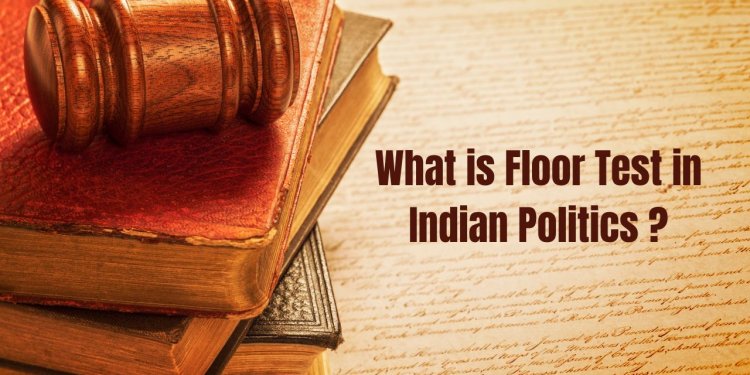A floor test is a crucial constitutional mechanism in Indian politics that allows the Chief Minister to prove their majority in the legislative assembly. The term is derived from the process of conducting a vote on the floor of the House to ascertain the support of the ruling government.
The floor test is initiated when there is uncertainty about the government’s majority, often following a political crisis or the formation of a new government. The Governor of a state can request a floor test under Article 163 of the Indian Constitution, while the Speaker of the Assembly can also call for a floor test during the session.
In recent years, the Supreme Court has played a significant role in ensuring the fairness and transparency of floor tests. For instance, in the 2018 Karnataka floor test, the apex court ordered live telecast of proceedings, and in the 2019 Maharashtra floor test, the court ordered an immediate floor test to determine whether the Chief Minister had the majority support.
Some key examples of floor tests in Indian politics include:
- 2018 Karnataka Floor Test: The Supreme Court ordered a live telecast of the floor test proceedings in the Karnataka Legislative Assembly. The floor test was conducted to determine whether the Chief Minister, H.D. Kumaraswamy, had the support of the majority of the assembly.
- 2019 Maharashtra Floor Test: The Supreme Court ordered an immediate floor test in the Maharashtra Legislative Assembly to determine whether the Chief Minister, Devendra Fadnavis, had the support of the majority of the assembly.
- 2020 Madhya Pradesh Floor Test: The Supreme Court clarified that the Governor cannot call for a floor test based on the material provided by the rebel leaders. The court also allowed the rebel leaders to skip the floor test during the political crisis in Madhya Pradesh.
- 2024 Bihar Floor Test: The Bihar Chief Minister recently won a floor test in the Assembly, proving their majority support.
In a floor test, the Chief Minister has to establish a majority among those present and voting. The failure to prove majority results in the resignation of the Chief Minister and their Council. The voting process is an impartial and fair method of selecting political leaders for the upcoming government.
In conclusion, the floor test is a crucial constitutional mechanism that allows the Chief Minister to prove their majority in the legislative assembly. The Supreme Court has played a significant role in ensuring the fairness and transparency of floor tests in recent years.





